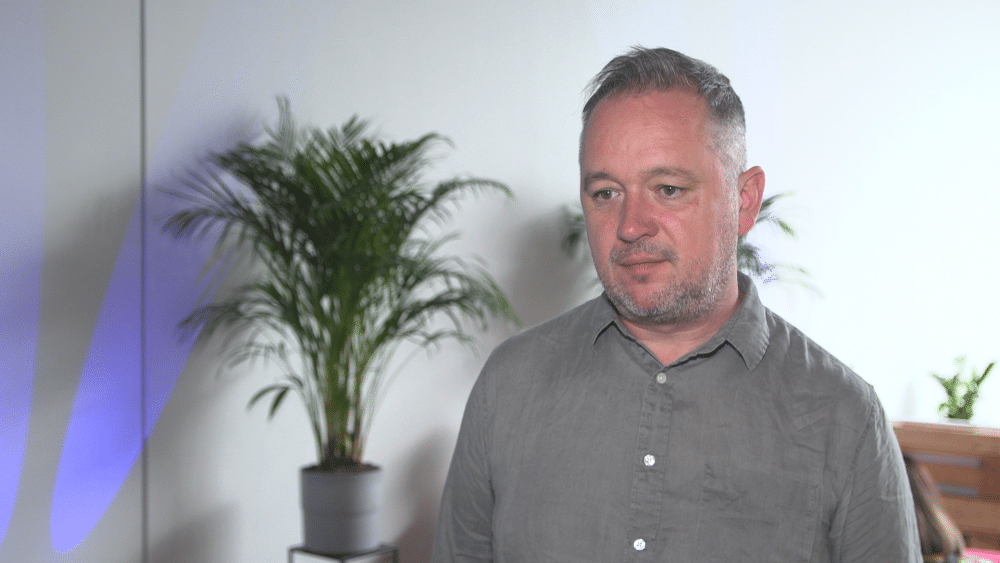In the October elections, nearly 70% of the youngest voters turned out to vote. However, the majority of young people have a low level of trust in politicians. In a survey conducted before the elections, 80% claimed they were frustrated with the current political situation in Poland. They also do not believe in the fulfillment of electoral promises – as revealed in the report “Debutants ’23”. Young people also have a low sense of agency, which translates to their social and political engagement. There may be hope for change in 2025 with the implementation of a new subject, “Civic Education” in schools, provided it is properly prepared and conducted.
However, it is regrettable that young Poles are not socially or politically active. For instance, youth climate strikes were notable exceptions. The media reported that the future is in the hands of the youth. However, at the peak moment, before the pandemic in 2019, only 1% of the entire group of young people was engaged. Most youths are passive and do not seek solutions to their problems through social engagement, says Mateusz Galica of the Lata Dwudzieste agency.
In the October parliamentary elections, almost 70% of people aged 18-29 voted. After impressive mobilization in the autumn, younger voters stayed at home during the local elections in spring, and turnout dropped from 69% to just under 39%.
According to a survey conducted by the Lata Dwudzieste agency, over 1.4 million Poles who voted for the first time in the fall of 2023 felt mostly neglected by those in power. One in three did not see a party that represented their interests, and one in five believed that politicians were only addressing immediate issues and did not have long-term plans for Poland.
According to a study by the Polish Academy of Sciences, approximately 40% of the youngest voters are not interested in politics. This is largely due to the negative image of politicians, with over half of the youth assessing them as incompetent and having cold feelings towards them. A majority also exhibit low levels of political trust – only 8% trust politicians, and 11% trust political parties.
Over 40% of young Poles feel excluded from politics. Almost half believe that the voices of younger generations are lacking in Polish political life. Only one third of the young people believe that they have any influence on the state of affairs in their country by teaming up with others.
The introduction of civic education in schools beginning September 2025 offers potential to shape civic attitudes and strengthen the participation of young people, provided that the program includes current events and demonstrates the relationship between theory and socio-political practice.
Authors of the report “Activation of civic young Polish men and women” emphasize that so far, civic education has not been a significant part of school programs. Most lessons focus on processing textbook materials and often lack engagement or interactive learning practices.
Studies show that participation in school activities related to politics correlates with electoral participation. Among the people who did not vote in the October parliamentary elections, significantly more had not participated in any school activities related to current political or social issues.
Greater civic engagement of the young generation is important not only for society as a whole but also for the individuals concerned. The youth are experiencing multiple crises for the first time. They were brought up in a paradigm of growth, with their parents steadily improving their living standards. However, just as they came of age, they were hit by a pandemic, war, economic crisis, and the most significant of all, the climate crisis. It’s no surprise that they’re in poor mental health. Encouraging their active involvement may result in them gaining self-confidence and a sense of agency. It’s a matter of having a stake in resolving the challenges that lie ahead.
